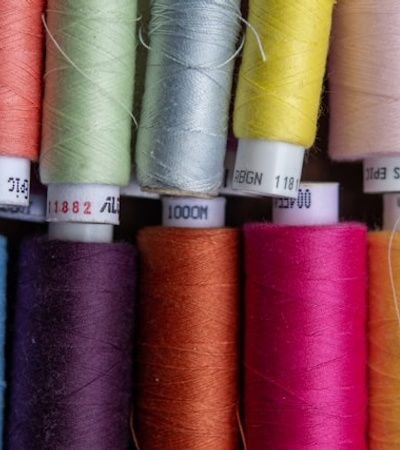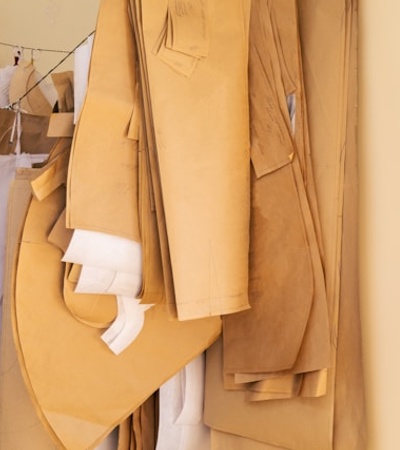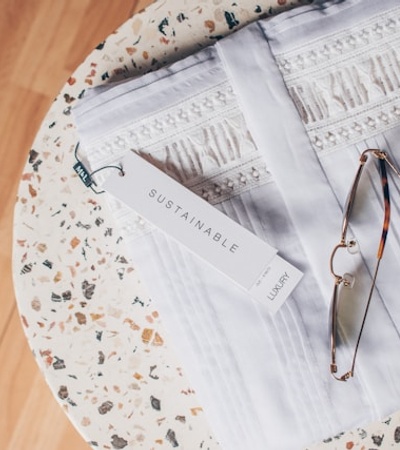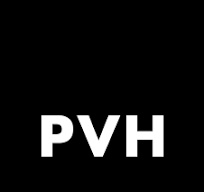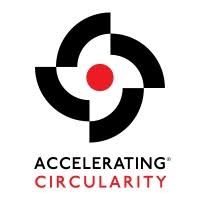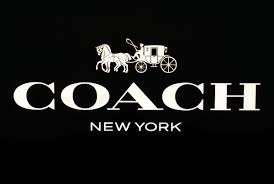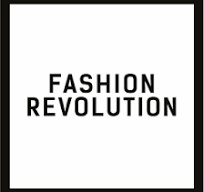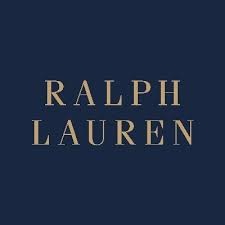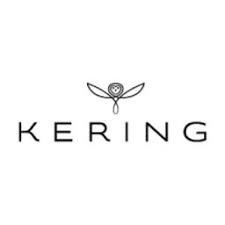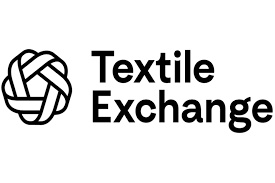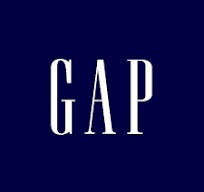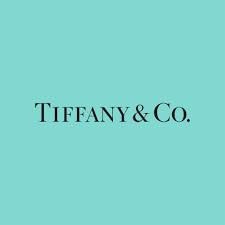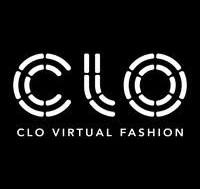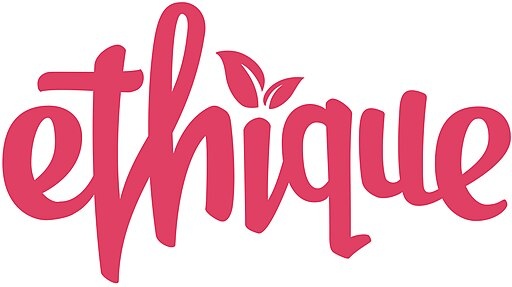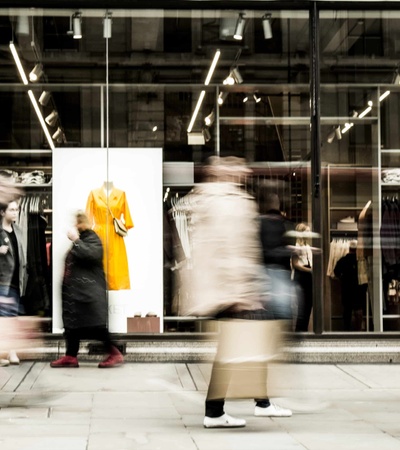
MS in Sustainable Fashion
MS in Sustainable Fashion
- Home
- Disrupt Business. Create A More Just And Sustainable World.
- Ms In Sustainable Fashion
About This Program
About This Program
The Master of Science in Sustainable Fashion at IENYC is a transformative STEM-designated graduate program that prepares students for diverse, purpose-driven careers across the global fashion industry. This unique program empowers future leaders with the critical skills, knowledge, and strategic mindset needed to drive systemic change and innovation within the complex challenges of fashion and textile industry. By integrating sustainability frameworks, ethical practices, and strategic management, students are equipped to reimagine Fashion’s future through the lens of environmental responsibility and social equity.
The program’s emphasis on actionable impact ensures graduates have the expertise to succeed in roles that demand both technical knowledge and strategic vision to deliver positive impact. With a proven track record of leadership and innovation, our graduates continue to shape the future of fashion through purpose-driven work and sustainable solutions. Whether working within established fashion companies, pioneering innovative startups, or leading initiatives in non-profit organizations, alumni of the M.S. in Sustainable Fashion are making a real difference across the global fashion industry.
Not open for new enrollment
This program is currently not open for new enrollment. We invite you to explore our full portfolio of master’s programs, where you’ll find innovative and globally relevant academic offerings.
WHO IS IT FOR?
WHO IS IT FOR?
Whether transitioning roles within the fashion world or entering the industry for the first time with a focus on sustainability, graduates of the M.S. in Sustainable Fashion emerge as changemakers, ready to lead systemic transformation and drive meaningful and measurable impact throughout the fashion and textile industry.
IS FOR INDIVIDUALS WHO ARE…
Interested in leveraging the connective power of fashion to create better economic, social and environmental conditions for one of the world’s largest and most global industries. This program is ideal for anyone looking to catalyze the positive power of business by building new, innovative and profitable business models with sustainability, management, business and innovation at the core.
LOOKING FOR…
A unique and dynamic educational experience that provides a comprehensive understanding of sustainability and business strategy for the global fashion industry. Whether you’re hoping to drive positive impact in this fast-paced industry or currently working in the industry and looking to pivot your career to specialize in sustainability, this program gives you the opportunity to future-proof your career, unlock your potential and create measurable and meaningful change.
TO BECOME…
- A sustainability champion, crafting and implementing social and environmental management strategies that create measurable impact.
- An analytical problem-solver creating new fashion system futures for all stakeholders.
- An innovator rethinking approaches to product development that prioritize quality, longevity and circularity.
- An expert in operations and supply-chain approaches for sourcing ethically, improving labor conditions, reducing emissions, and achieving transparency.
- A visionary ready to launch a new venture that addresses social and environmental challenges through innovative business models.
Five Reasons to Choose
Five Reasons to Choose
- 01.
EXAMINE FASHION THROUGH A STRATEGIC SUSTAINABILITY MANAGEMENT LENS
Our innovative program curriculum combines fashion business knowledge with strategic sustainability management, giving you a comprehensive understanding of the sector as a whole. You will step away from the status quo and learn to lead with impact, gaining skills in change management, stakeholder engagement, impact assessment, and global value chain transformation.
- 02.
DRIVE REAL INDUSTRY CHANGE
Our hands-on approach will give you the opportunity to engage in practical projects, industry collaborations, and applied research oriented to reducing negative impacts and achieving measurable change for the fashion industry. You will analyze the complexities of the fast-paced global fashion system firsthand, gaining the skills to approach the current challenges of the industry.
- 03.
WORK ALONGSIDE SUSTAINABILITY LEADERS
Our program is designed to put you in direct contact with some of today’s most impactful industry leaders. In alignment with the UN 2030 Agenda for Sustainable Development, IENYC is proud to be a member of the UN Conscious Fashion and Lifestyle Network and Principles of Responsible Management Education. Each course you take will put you at the forefront of creating real change. What’s more, you’ll make lifelong connections with like-minded professionals and leaders in the field who have dedicated their careers to creating impactful change.
- 04.
Gain a global perspective
Fashion is an enormous international industry with significant global impacts. As part of the global education community of IE University, IENYC leverages our unique international perspective within our multidisciplinary approach to graduate education. Combining business skills, fashion system understanding and strategic sustainability management, you will dive into the approaches of other sectors, leading organizations, and emergent technologies to develop and implement solutions to the most pressing challenges of the sector on a global level.
- 05.
Build a network to last a lifetime
Today’s students are tomorrow’s leaders. The M.S. in Sustainable Fashion at IENYC unlocks the door to a robust network of student and alumni peers, industry professionals, and career services. As one of the only programs of its kind, this master’s has a track record of graduating industry sustainability leaders, leading sustainability at some of the most well-known companies, multi-stakeholder industry initiatives, and advocacy organizations. The network you will develop at IENYC, which includes access to IE University’s global alumni community, will grow alongside your own continued personal and career growth, supporting you through every stage of your career.

Take part in the Rethinking Fashion Waste Challenge
Take part in the Rethinking Fashion Waste Challenge
Put your creativity to the test. This is your chance to propose innovative solutions and make an impact in the future of sustainable fashion.
FOUR PILLARS
FOUR PILLARS
HOLISTIC FASHION SYSTEMS APPROACH
Understand fashion through its global, cultural and material dimensions to address interconnected challenges and opportunities.
ADVANCING SUSTAINABILITY & EQUITY
Promote sustainable practices and equity by addressing the fashion system's environmental, social and economic complexities and mitigating negative impacts.
APPLIED KNOWLEDGE & STRATEGIC TOOLS
Master theories, principles and emergent frameworks to implement impactful sustainability strategies and organizational stewardship.
INNOVATIVE THINKING & LEADERSHIP
Develop critical and creative problem-solving skills to drive systemic change and lead the fashion industry toward a more sustainable future.
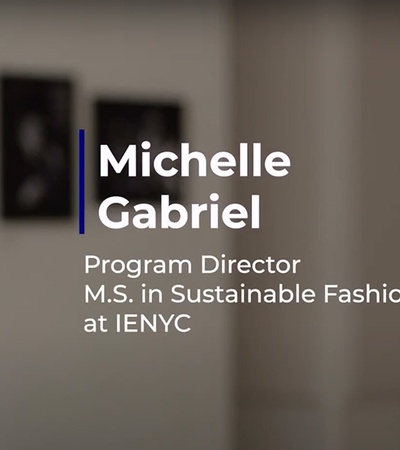
DRIVE SYSTEMIC CHANGE IN FASHION
DRIVE SYSTEMIC CHANGE IN FASHION
The global fashion industry faces urgent environmental and social challenges, from its outsized contribution to climate change to a competitive landscape that stifles true innovation. The M.S. in Sustainable Fashion at IENYC is designed to equip future leaders with the high-value skills necessary to drive systemic change and develop innovative business models for a just and sustainable transition.
This program bridges the critical gap between conventional fashion education and the industry’s pressing need for sustainability expertise. With a curriculum focused on actionable impact, students gain the tools to transform value chains, integrate sustainability into business strategy, and redefine industry practices.
Courses & Curriculum
Courses & Curriculum
Adapt your learning journey to your needs. Our program offers the flexibility to study full-time for an immersive experience or part-time to balance your education with professional or personal commitments. Choose the path that best fits your goals and schedule.
- Full-time1 Year
- Part-time2 Years
- One Year
- Year 1
- Year 2
- Full-time1 Year
- Part-time2 Years
Admissions test requirements vary by program. Applicants may be required to submit one of the following: the GMAT, GRE, or the IE New York College Admissions Test, which is an internal assessment evaluating logical, verbal, and numerical reasoning in English.
Program-specific testing guidelines are outlined below:
This program does not require a standardized test. However, applicants may voluntarily submit the IE New York College Admissions Test.
Career Opportunities
Career Opportunities
Graduates can pursue various roles, such as:
- 90%of IENYC graduates advanced in career or pivoted to a career in sustainability or social impact Within nine months of graduation
- 99%are employed, continuing their education, or starting a businessWithin nine months of graduation
Where our graduates have made a difference:
Where our graduates have made a difference:
About the Program Director
About the Program Director
Michelle Blair Gabriel is the program director for the M.S. in Sustainable Fashion. She is a prominent educator, advocate and thought leader in fashion sustainability, combining research with public policy and strategic advocacy aimed at the range of pressing issues across the global fashion system. Developed and led by Michelle, the IENYC M.S. in Sustainable Fashion program is a first of its kind graduate program in the Americas, and among few programs globally, focused on the strategic management of economic, social, and environmental impacts of the global fashion system.
Michelle speaks widely about the systems, strategies, policies and laws needed to establish widespread sustainable practices in the fashion industry and her expertise is frequently engaged across leading publications including The New York Times, Vogue Business, Teen Vogue, Business of Fashion, WWD and Sourcing Journal. She frequently collaborates with leading global organizations along with local organizations in New York City and across the US.
Michelle is a doctoral candidate of social policy and political economy at the Yunus Centre for Social Business and Health at Glasgow Caledonian University. She holds an MS in Sustainability and International Fashion Marketing from IENYC and a Bachelor of Science in Fashion Design from the University of Cincinnati. Her PhD research is focused on the theoretical and practical relationship between the fashion system and global neoliberalism, and her published research to date bridges the theoretical with the practical to investigate fashion business practices, supply chain activities, and public policy engagement.
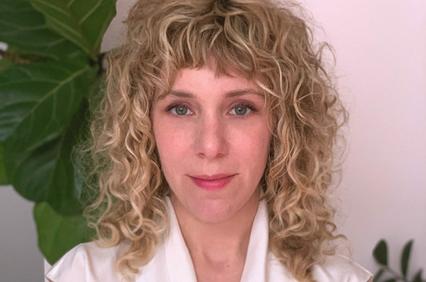
Michelle Blair Gabriel
Michelle Blair Gabriel
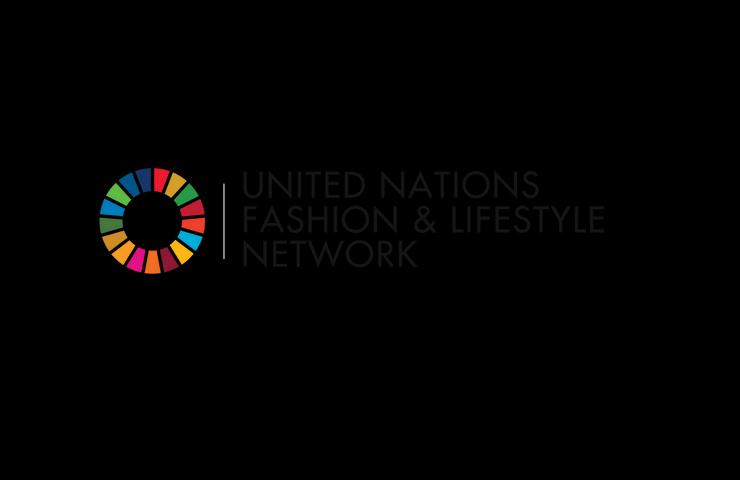
COMMITTED TO SPARKING SYSTEMIC CHANGE
COMMITTED TO SPARKING SYSTEMIC CHANGE
IENYC is committed to sparking systemic change, which is why we’ve developed a curriculum that is in alignment with the UN sustainable development goals.
IENYC’s M.S. in Sustainable Fashion program is a proud member of the United Nations Fashion and Lifestyle Network, whose collaborations accelerate the implementation of the UN Sustainable Development Goals.
In addition, IENYC as an institution is a member of the Principles for Responsible Management Education (PRME), a United Nations-supported initiative that aims to raise the profile of sustainability in business and management education through Seven Principles focused on serving society and safeguarding our planet.
DISCOVER The BluePrint
DISCOVER The BluePrint
Get involved with IENYC events
Get involved with IENYC events
Discover a world of opportunities at IENYC events! Join informational webinars on program structure, career pathways, student life and more. Gain insights from alumni and hear from expert speakers. Whether you're interested in exploring your options, deepening your learning or expanding your network, these events offer valuable connections and expert advice. Don't miss your chance to engage, learn and grow with the IENYC community!
Frequently asked questions
Frequently asked questions
How is the IENYC master’s degree in sustainable fashion unique?
Our program is part strategic management and part sustainability management, but all focused on the specific conditions of the global fashion industry with the explicit goal of driving positive environmental, social and economic change for people, planet, and the industry.
Can I specialize within the master’s degree in sustainable fashion?
As one of the only programs of its kind anywhere, the sustainable fashion master’s program at IENYC provides students a wide-ranging education for how to address and advance sustainability for the complex global fashion industry. You will have the opportunity to pursue your specific interest - from textile waste management, to circular design processes, to advancing living wages in the supply chain - through your interconnected class assignments and projects culminating in your unique final thesis.
I’m interested in sustainable fashion research. What opportunities are available during my studies?
Because research is a cornerstone of the master’s in sustainable fashion program, there are several ways to engage in research. You will produce your own through your final thesis, and opportunities to join research projects with partner organizations as a graduate research assistant are available.
I am interested in the master’s of sustainable fashion program but have a busy professional life. A full-time graduate program doesn’t work for my life right now; are there other options?
Yes! Our part time track offers an option for busy working professionals looking to shift their careers to focus on sustainability in fashion. Classes run in the evenings and the workload is spread across 2 years to be manageable for those wanting to advance their skills but maintain their careers.
I’m an international student. What do I need to know about applying for a visa and optional practical training (OPT) for the sustainable fashion master’s program?
Many of the students in the sustainable fashion master’s program are international students who attend through an F-1 visa. All are eligible to apply for both OPT and the STEM OPT extension. Nearly 100% of sustainable fashion international students have worked in OPT positions after graduating. For more information, we recommend reviewing our international student page or speaking to one of our staff who can help answer your questions.

